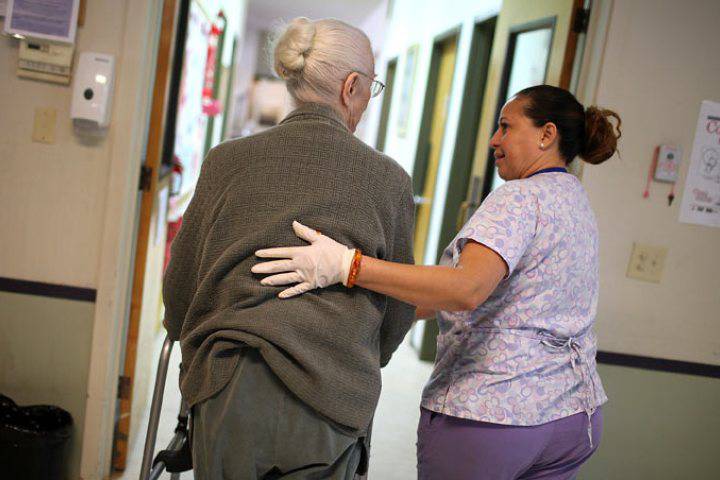One of the most vulnerable groups during the COVID-19 health crisis is also at an increased risk for abuse, according to Winnipeg police.

June 15 is World Elder Abuse Awareness Day and the Winnipeg Police Service has released tips on how you can spot forms of abuse in seniors.
They say seniors most vulnerable to neglect include those who are socially isolated — something that has been forced on the elderly due to the global pandemic — and those with serious health conditions.

Police say abuse can happen to anyone in any family or relationship, to people of all backgrounds.
Forms of abuse include:
- Physical: striking, hitting, pushing and shaking
- Psychological: insults, threats, intimidation and humiliation
- Financial: misusing or stealing money, property/assets and forging
- Neglect: not providing appropriate water/food, shelter, clothing and medication
The WPS says older adults affected by abuse often know and care about the person mistreating them, and may feel ashamed or embarrassed to tell anyone they are being abused by someone they trust.
In many situations, the abuser is dependent on the older adult for money, food or shelter. Abusers may be family members or friends, health care providers in institutional settings or someone who provides assistance with basic needs or services.
Signs and symptoms of abuse could include:
- Fear, anxiety, depression or passiveness to a family member, friend or care provider
- Unexplained physical injuries
- Dehydration, poor nutrition or poor hygiene
- Improper use of medication
- Confusion about new legal documents such as a new will or new mortgage
- Sudden drop in cash flow
- Reluctance to speak about the situation

Police advise anyone suspecting something to document signs of abuse and log any suspicious behaviour or circumstances. They should then address their concerns with the director of the long-term care facility, home care provider, police or an elder abuse attorney.
Resources include the 24-hour Seniors Abuse Support Line: 1-888-896-7183 and the Age & Opportunity organization: 204-956-6440.
- Buzz kill? Gen Z less interested in coffee than older Canadians, survey shows
- ‘She gets to be 10’: Ontario child’s heart donated to girl the same age
- Bird flu risk to humans an ‘enormous concern,’ WHO says. Here’s what to know
- Canada updating sperm donor screening criteria for men who have sex with men








Comments